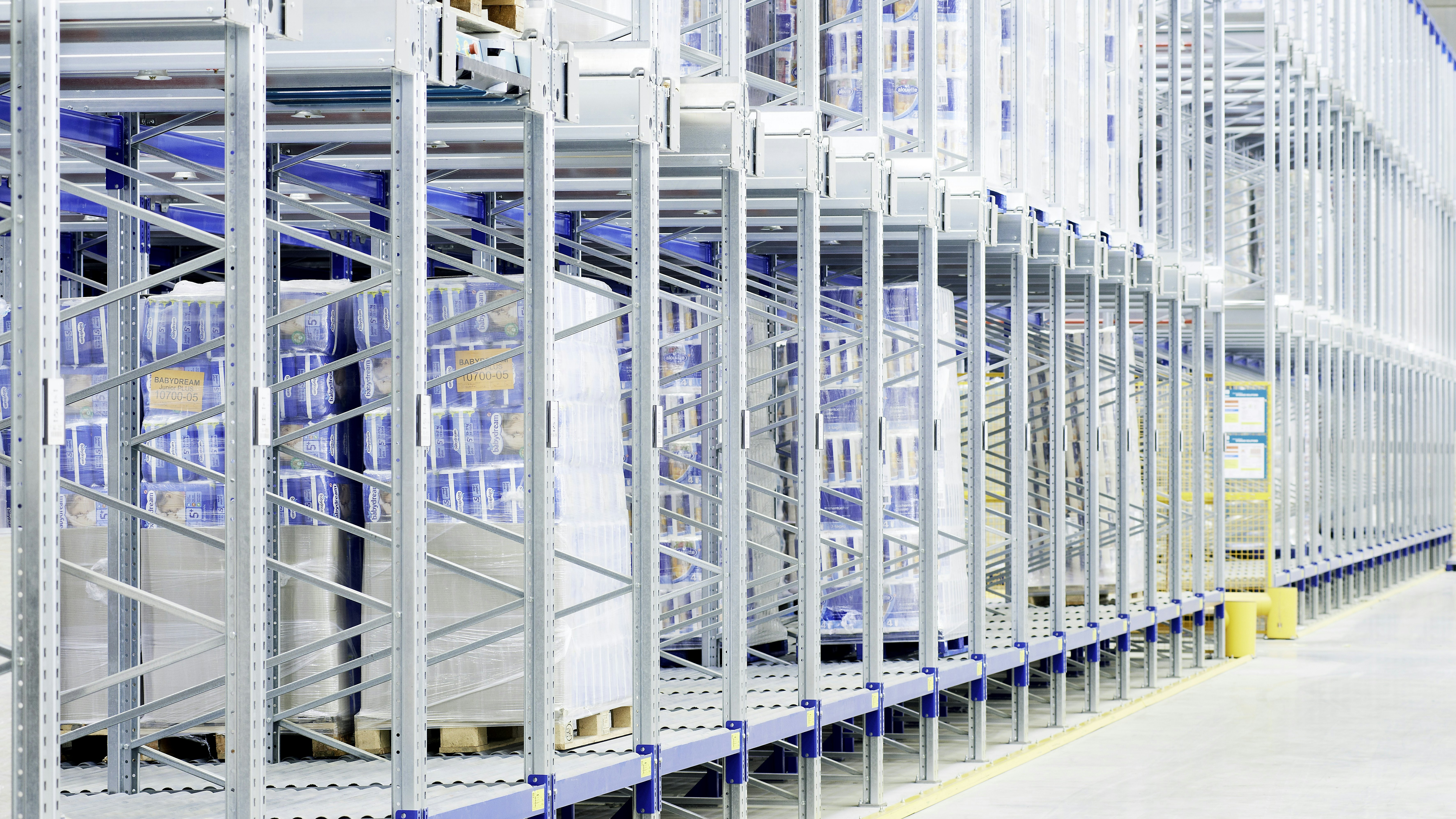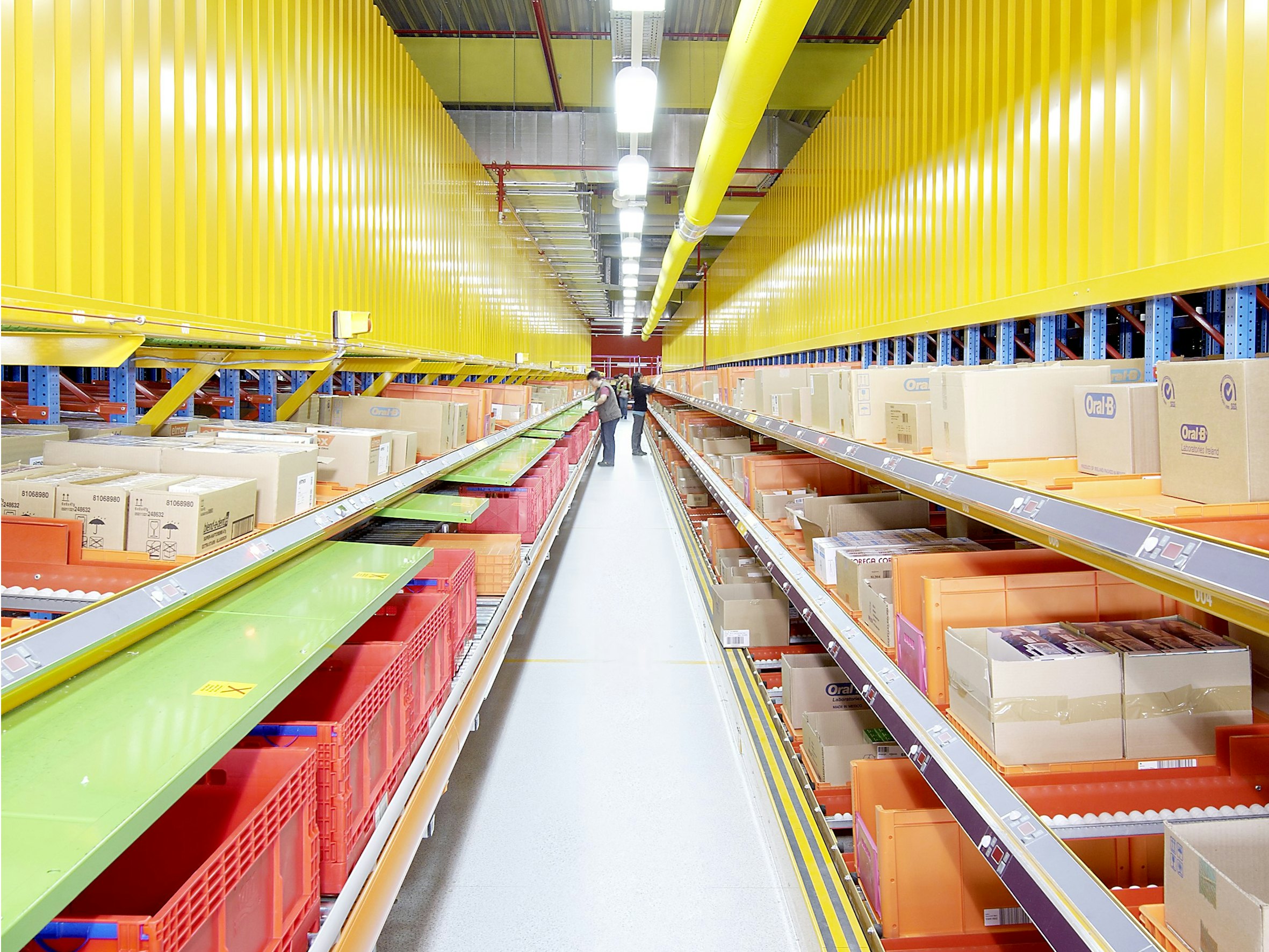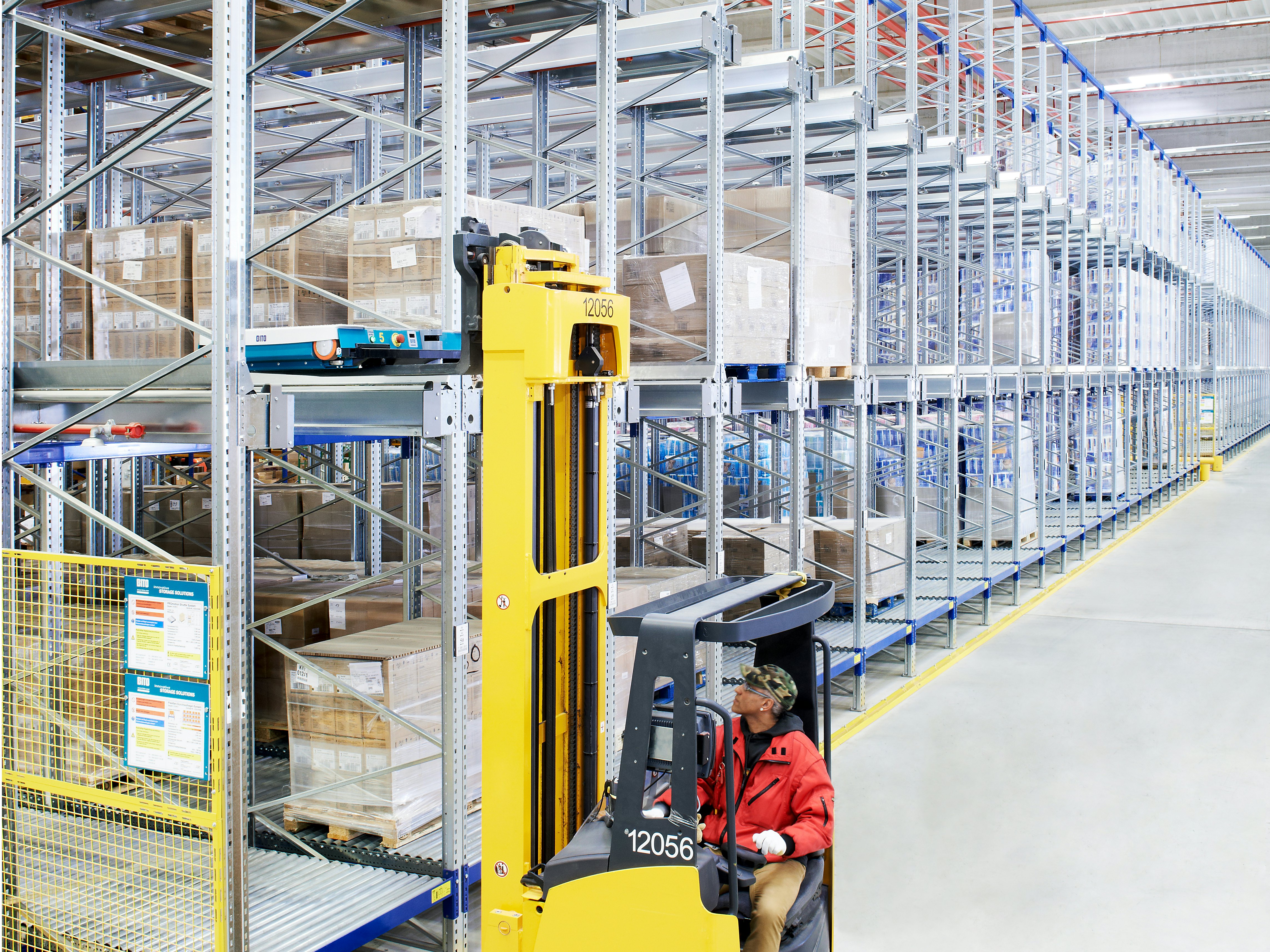Facts & Challenges

The toiletries and cosmetics sector comprises companies that produce and sell personal care, beauty and wellness products. The sector offers a wide range of products, including skin care products, hair care products, make-up, perfumes, hygiene products and many more. The largest companies in the cosmetics industry in Germany include dm, Rossmann and Müller, L'Oréal Deutschland and Beiersdorf AG. Internationally, brands such as L'Oréal, Procter & Gamble, Unilever, Estée Lauder, Johnson & Johnson and Shiseido are holding their own.
Sustainability, digitisation and health awareness are megatrends that are impacting the market
The industry has changed significantly in recent years as more and more customers are focussing on natural and sustainable products. E-commerce has also experienced an enormous boost in the industry as a result of the coronavirus pandemic and is generating steadily rising sales. The cosmetics industry is characterised by strong competition and a constant quest for innovation. Companies are investing huge sums in research and development to bring new products with improved formulas and innovative technologies onto the market. Trends such as natural and sustainable ingredients, environmentally friendly packaging and social responsibility are playing an increasingly important role. Sustainability, digitisation and health awareness are the megatrends in the toiletries and cosmetics industry. The majority of customers are following the latest trends and megatrends. Influencers are often the main drivers of trends in the toiletries and cosmetics industry.
Online shops und influencer marketing

Toiletries and cosmetics are sold through various channels, including retail shops, supermarkets, pharmacies, online shops and direct sales. In recent years, online retailing in this field has increased significantly, as many consumers want to order their products from the comfort of their own home. High-priced products in particular are also ordered online. In most cases, physical drugstores are visited to test the products, which are then ordered later from the online shop. Large exclusive cosmetics brands are still often reluctant to invest in the online business. However, this channel in particular is extremely important for attracting young millennials and GenZ. Drugstores and online retailers have a much easier time in this regard. One of the leading companies in this sector is the drugstore chain dm. In Germany, dm has been the largest drugstore chain by turnover since 2010. Influencers have a significant influence on consumer buying behaviour and preferences. dm and other companies have therefore recognised the importance of working with influencers such as the well-known and influential Bibi Claßen to market their products and boost sales. Bibi has 6 million followers each on YouTube and Instagram.
New digital technologies are increasingly being used

Various new technologies are currently being used in the toiletries and cosmetics industry in Germany to increase customer loyalty and improve the online shopping experience. One example is the introduction of augmented reality (AR) in the cosmetics industry. AR enables customers to virtually try out different make-up looks before deciding on a product. Another technology being used in the industry is the use of artificial intelligence (AI) to personalise product recommendations and analyse customer feedback. The use of chatbots for customer communication and the implementation of self-checkout systems to improve the online shopping experience are also examples of new technologies in the toiletries and cosmetics industry in Germany.
Trends in the toiletries and cosmetics sector
Health awareness:
More and more consumers are attaching importance to products that are good for health and improve well-being. The trend is reflected in various aspects, such as natural, sustainable and pollutant-free product ingredients, body care and wellness products, personalised "healthy" cosmetics and digital technologies for personal health advice.
Digitisation:
Many brands rely on digital tools such as augmented reality, personalised product recommendations and analysis of customer feedback using AI, chatbots, etc. to offer their customers a better shopping experience. Of course, digitisation is also being implemented everywhere in production, warehousing, marketing and distribution.
Sustainability:
Many brands are focussing on more environmentally friendly packaging and ingredients as well as more sustainable production methods. Other topics include avoiding animal testing, circular economy and recycling, sustainable purchasing, sustainable logistics such as improved route planning and emphasising sustainability aspects in marketing. The new German Supply Chain Act and the new CSR Directive (Corporate Sustainability Reporting Directive) are also influencing this development.
There are now many brands that offer personalised products that are tailored to the individual needs and preferences of their customers. Examples include personalised skin and hair care products and personalised make-up.
Products such as BB creams, all-in-one make-up palettes, 2-in-1 shampoos and conditioners, multi-purpose oils, etc. have several functions. They are becoming increasingly popular as they save time and space.
Silver Economy:
The cosmetics industry is increasingly offering products and services aimed at the needs and preferences of older people. As a result, anti-ageing products are in greater demand.
Care products for men:
Growing interest in cosmetics among men
Continuous product innovation is crucial for growth:
Risk of misjudging trends, shorter product life cycles and increasing innovation and monitoring costs.
Growth in emerging markets:
In the emerging markets, the demand for cleanliness, hygiene and cosmetics is growing and with it the demand for drugstore products.
Increasing online trade:
The measures taken during the coronavirus pandemic, such as lockdowns, social distancing, shop closures, etc., have led to a shift towards online shopping. New customer groups such as senior citizens were also attracted, resulting in an increasing demand for hygiene and skin care products. Online sales of cosmetics and personal care products continue to rise steadily due to improved delivery services, a wide range of brands and products, and other factors. In addition, many businesses have shifted towards omnichannel logistics.
Logistics:
The requirements of e-commerce, omnichannel strategies and many fast-moving products are driving the need for extremely fast and efficient logistics and intralogistics. In addition to live storage racking, automated storage systems, sorters as well as AGVs and picking robots are used to speed up processes.
What are the requirements for logistics?
As the cosmetics and beauty industry often deals with fast-moving items, company intralogistics usually operates with carton and/or pallet live storage racking. Digitisation and automation with Industry 4.0 technologies are also increasingly finding their way into the cosmetics industry. Examples include warehouse management systems (WMS), real-time inventory tracking, automated storage systems, automated guided vehicles (AGVs) and picking robots. For example, the drugstore chain Rossmann GmbH uses a pallet live storage system combined with shuttle-serviced pallet racking. The aim was to integrate pallet picking and buffering in one racking system. The pallets are picked in LIFO order (Last-In, First-Out) from ten metre deep lanes on the floor level of the pallet flow rack. In the lanes above are 176 buffer lanes for pallets from 80 to 1,500 kg, arranged on two levels serviced by five BITO PROmotion shuttle vehicles. The great advantage of the system is that it optimises space utilisation and improves pick rates.
At its Weilerswist distribution centre, Germany's largest drugstore chain dm uses a BITO FLEX carton live storage system with automated product in-feeding to ensure fast order picking. The enormous variety of goods (around 12,500 items) is stored efficiently in as little space as possible (space occupation was reduced by 30%). An integrated conveyor system is used to transport the bins with picked orders. The system has 36 lanes serviced by stacker cranes that automatically feed products into the flow lanes and buffer positions. The system provides for high picking speeds and short order throughput times.


